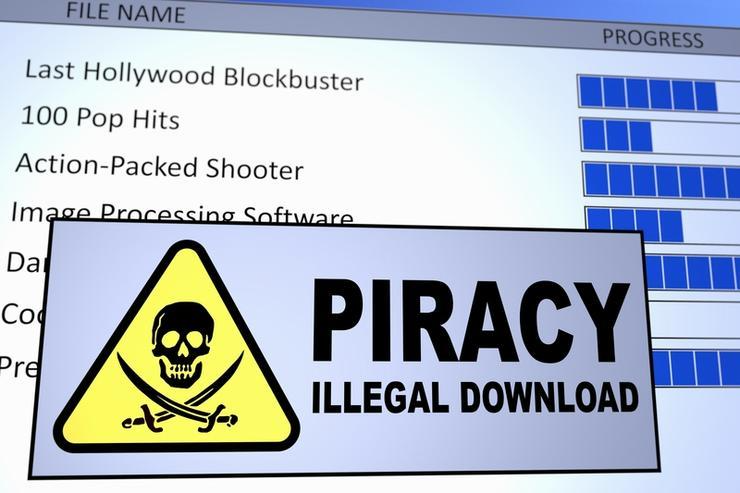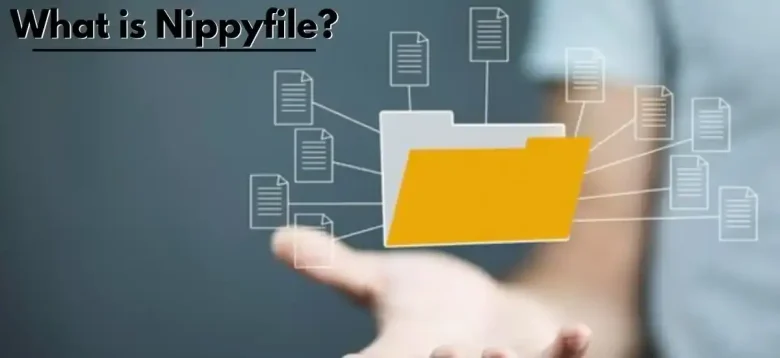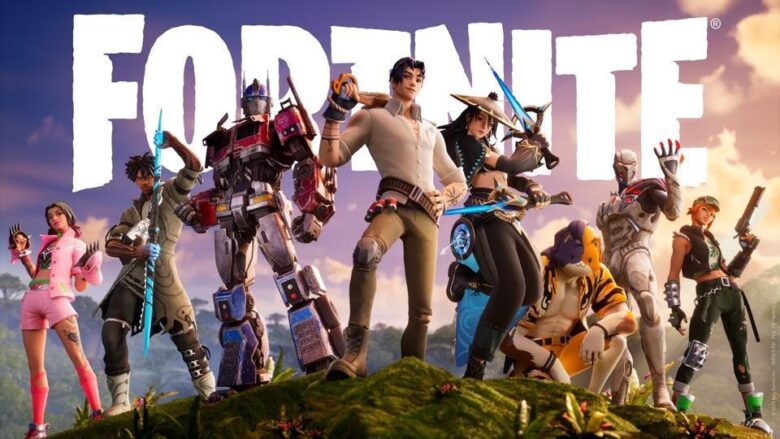
Introduction
Illegal downloading, also known as piracy, poses a significant challenge to the entertainment industry, encompassing film, music, television, books, and software. Enabled by digital technology and file-sharing platforms, piracy undermines the economic viability of content creation and distribution, threatening the livelihoods of artists, creators, and industry stakeholders. This article examines the effects of illegal downloading on the entertainment industry and explores potential solutions to combat piracy.
Economic Consequences of Piracy
a. Revenue Losses
Piracy deprives content creators and rights holders of legitimate revenue streams, as copyrighted works are accessed and distributed without authorization or compensation. The widespread availability of pirated content diminishes the market value of intellectual property, leading to reduced sales, licensing fees, and royalties for artists and industry professionals. Consequently, piracy undermines the financial sustainability of the entertainment ecosystem, hindering investment in new creative endeavors and innovation.
b. Job Losses and Industry Decline
The economic repercussions of piracy extend beyond revenue losses to encompass job losses and industry decline. As legitimate revenues dwindle, studios, production companies, and distribution platforms may scale back investments, downsize operations, or shutter altogether, leading to layoffs and unemployment within the entertainment sector. Moreover, piracy undermines the economic viability of ancillary industries, such as merchandising, advertising, and tourism, which rely on the success of copyrighted works to generate revenue.
Impact on Artists and Creatives
a. Loss of Income and Recognition
Piracy disproportionately affects individual artists, musicians, filmmakers, authors, and other creatives who rely on royalties and residuals to support their livelihoods. Illegal downloading deprives creators of fair compensation for their work, making it challenging to sustain careers and pursue new projects. Furthermore, piracy undermines the recognition and visibility of artists, as pirated content may be disseminated without proper attribution or context, diminishing the value of their creative contributions.
b. Deterrent to Innovation:
Piracy creates a disincentive for artists and creatives to invest time, effort, and resources into developing new works. The prospect of having their creations stolen and disseminated without consent undermines the incentive to innovate and experiment with new ideas. Consequently, piracy stifles creativity and diversity within the entertainment industry, limiting the emergence of new voices and perspectives that enrich cultural discourse and artistic expression.
Challenges in Enforcement and Regulation
a. Digital Landscape and Technological Advances
The proliferation of digital technology and online platforms has facilitated the rapid spread of pirated content, making it challenging for law enforcement agencies and rights holders to monitor and enforce copyright protection effectively. Moreover, technological advances such as peer-to-peer file sharing, streaming sites, and anonymous networks provide anonymity and circumvent traditional enforcement mechanisms, exacerbating the problem of piracy.
b. Jurisdictional Issues and Legal Complexity
Piracy operates in a globalized digital environment, presenting jurisdictional challenges and legal complexities for enforcement efforts. Pirated content may be hosted on servers located in different countries with varying copyright laws and enforcement mechanisms, making it difficult to coordinate international responses to piracy. Moreover, legal processes and litigation can be time-consuming and costly, deterring rights holders from pursuing legal remedies against pirates effectively.
Potential Solutions to Combat Piracy
a. Education and Awareness
Educating consumers about the consequences of piracy and the importance of supporting legitimate content is crucial in combating piracy. Public awareness campaigns, school programs, and industry initiatives can raise awareness about the ethical, legal, and economic implications of piracy, encouraging consumers to choose legal alternatives and respect intellectual property rights.
b. Enhanced Enforcement and Collaboration
Strengthening enforcement efforts and enhancing collaboration between government agencies, law enforcement, internet service providers (ISPs), and rights holders is essential in combating piracy. Implementing technological measures such as digital rights management (DRM), site blocking, and takedown notices can disrupt pirate networks and deter infringement. Moreover, international cooperation and information sharing are vital for addressing piracy across borders and jurisdictions effectively.
c. Access to Legal Alternatives
Providing affordable, convenient, and user-friendly legal alternatives to piracy is essential in reducing demand for pirated content. Subscription-based streaming services, digital storefronts, and licensing agreements offer consumers access to a vast library of content while ensuring fair compensation for rights holders. By prioritizing user experience and offering competitive pricing, legal platforms can incentivize consumers to choose legitimate options over piracy.
d. Copyright Reform and Policy Innovation
Revising copyright laws and implementing policy reforms that balance the interests of rights holders with the principles of access and innovation is essential in addressing the root causes of piracy. Copyright reform efforts should prioritize modernization, flexibility, and adaptability to reflect the evolving digital landscape while safeguarding the rights of creators and promoting fair use and access to knowledge.
Conclusion
Illegal downloading poses a formidable challenge to the entertainment industry, threatening economic sustainability, creative innovation, and cultural diversity. Addressing piracy requires a multi-faceted approach that combines education, enforcement, collaboration, and policy innovation. By raising awareness, strengthening enforcement efforts, expanding legal alternatives, and reforming copyright laws, stakeholders can combat piracy effectively and ensure a vibrant and thriving entertainment ecosystem that benefits artists, creators, and audiences alike.


